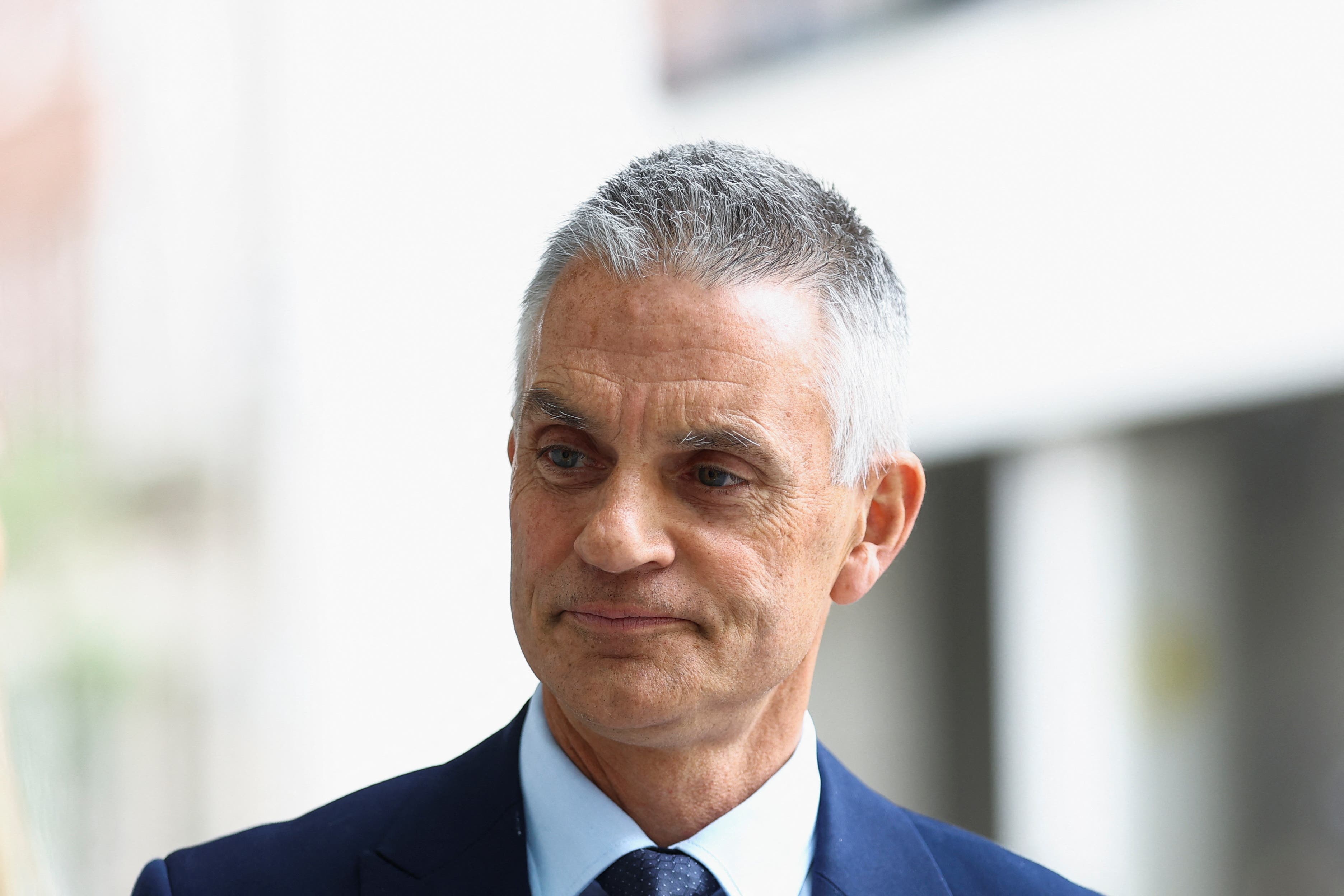We are in sobering times – BBC boss says abuse of journalists is escalating
Tim Davie also advocated for the World Service to be ‘properly funded’.

Your support helps us to tell the story
From reproductive rights to climate change to Big Tech, The Independent is on the ground when the story is developing. Whether it's investigating the financials of Elon Musk's pro-Trump PAC or producing our latest documentary, 'The A Word', which shines a light on the American women fighting for reproductive rights, we know how important it is to parse out the facts from the messaging.
At such a critical moment in US history, we need reporters on the ground. Your donation allows us to keep sending journalists to speak to both sides of the story.
The Independent is trusted by Americans across the entire political spectrum. And unlike many other quality news outlets, we choose not to lock Americans out of our reporting and analysis with paywalls. We believe quality journalism should be available to everyone, paid for by those who can afford it.
Your support makes all the difference.The director-general of the BBC Tim Davie has warned that abuse and harassment of journalists is “escalating”.
Speaking on the first day of the World Service Presents conference, he outlined how this is a “critical moment of challenge for stability and democracy around the world” with conflict in the Middle East and Ukraine and several elections going on throughout the world.
On Monday, Mr Davie said that “free and fair reporting has never been more essential” or “critical”.
“But when it comes to media freedom, all the warning lights – and I’m an optimist – they are flashing red,” he said.
“Every major indicator is pretty much in decline. Journalism completely or partly blocked in over 70% of the world. That’s a pretty shocking statistic.”
He added that the BBC was suspended from reporting in Burkina Faso, and Russia has labelled some journalists “foreign agents” and there has been “increased levels of persecution and harassment, and ever more subtle modes of intimidation” of reporters.
“The harassment and abuse that journalists now face just for doing their job, particularly online, has grown rapidly in recent years in frequency and intensity,” he added.
“Women journalists above all face escalating threat levels from co-ordinated campaigns and online abuse that we all need to call out.
“Nearly three-quarters reporting that they have experienced online violence in connection with their work. So sobering times but in all this, we know, there is real cause for optimism.”
Mr Davie added that the journalists in the room and watching online can “stand up for media freedom and democracy worldwide” and he cited the “incredible” work of BBC Arabic, BBC Ukrainian, BBC Persian and the Russian service in Latvia.
“No one else can look out for the interests of the 72% of those audiences who are in extreme need in low media freedom states, we’re there for them,” he added.
Mr Davie also paid tribute to Liliane Landor, who the corporation announced in April would leave as senior controller of BBC News International Services and BBC World Service director in July.
“You have been one hell of a formidable champion for the World Service, an inspirational leader,” he said. “And we owe you so much. So thank you.”
He also advocated for the World Service to be “properly funded”.
“We face a growing funding challenge and we’ll be having that fight because it’s worth winning and it should be won,” he added.
More funding has been announced for the service, however, it largely receives money from the licence fee.
Under the current support package, the BBC World Service has agreed not to close any language services, but this condition is set to be lifted in 2025.
The House of Commons’ International Development Committee (IDC) has launched an inquiry into funding the service’s reporting and work throughout the world.